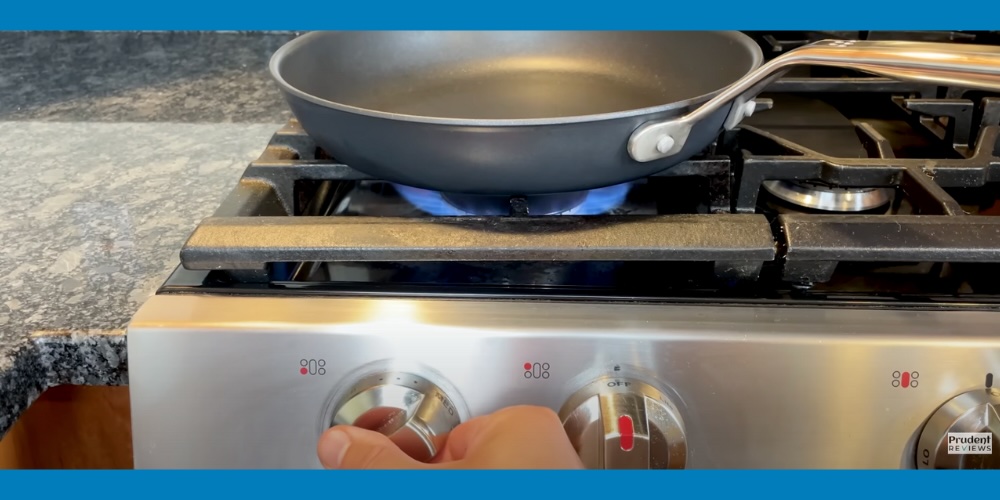Have You Ever Had The 'Teflon Flu'? It's a Kitchen Virus!

Polymer fume fever is a real thing that you can catch from overheated non-stick pans. This is a rare, flu-like illness caused by inhaling the fumes when your non-stick pan overheats.
A nod to the trademark name of the non-stick coating on the pan, people also call this illness, the 'Teflon flu.' Like many other sicknesses, there had been a serge in cases recently – I guess a lot of people are cooking!
According to an article from the New York Post, "Many nonstick pans use polytetrafluoroethylene, a 'forever chemical' that can be dangerous when the pan is overheated and the resulting fumes are inhaled. Teflon and many other nonstick pans are made with polytetrafluoroethylene (also known as PTFE)."
Not only are "forever chemicals" in our foods but now in the things we use to cook our foods. "Forever chemicals" take hundreds to thousands of years to break down.
According to Teflon.com, "Empty pots and pans reach high temperatures very quickly, and when heated accidentally over 348 °C (660 °F) the coating can begin to deteriorate. Butter, fats, and cooking oils begin smoking at 204 °C (400 °F)."
The website also offers this warning: "Do not use nonstick cookware and bakeware in ovens hotter than 260 °C (500 °F). Higher temperatures can discolour the surface of coating or cause it to lose some of its nonstick properties."
And, as we now know, it can also emit vapours that can cause you to contract the "Teflon Flu."
Other tips provided by Teflon website include:
- Use your stove’s exhaust fan when cooking.
- Use a stove burner that matches the size of the pan bottom.
- Remove any cookware or bakeware stored in your oven before using an oven's self-cleaning setting.
Polymer Fume Fever Symptoms
The "Teflon flu" doesn't kick in right away, it can appear 12 to 24 hours after. The symptoms can include a fever, muscle pain, shortness of breath and headaches.
These symptoms are similar to the common cold so it's completely possible to confuse the two.
Happy cooking ...
Beat FOMO by being in the know!
Sign up for our newsletter today and never miss a beat.







